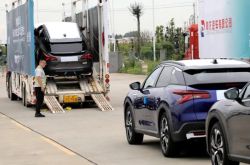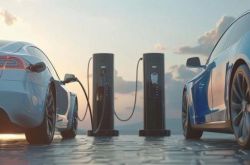Too early to write off Audi's new brand, how do you think Haier and Gree feel about it...
![]() 11/14 2024
11/14 2024
![]() 652
652

Original | Car Reviewer
1. Unexpectedly, five days after its announcement, the skepticism towards Audi's new brand has not subsided. On November 8, Audi launched its new brand "AUDI" in China, featured on a B-class electric concept car, the AUDI E, with no trace of the traditional four-ring Audi logo anywhere on the vehicle. Furthermore, the exterior and interior design barely reflect any design elements of traditional Audi cars. It can be said that it is a complete departure from tradition.
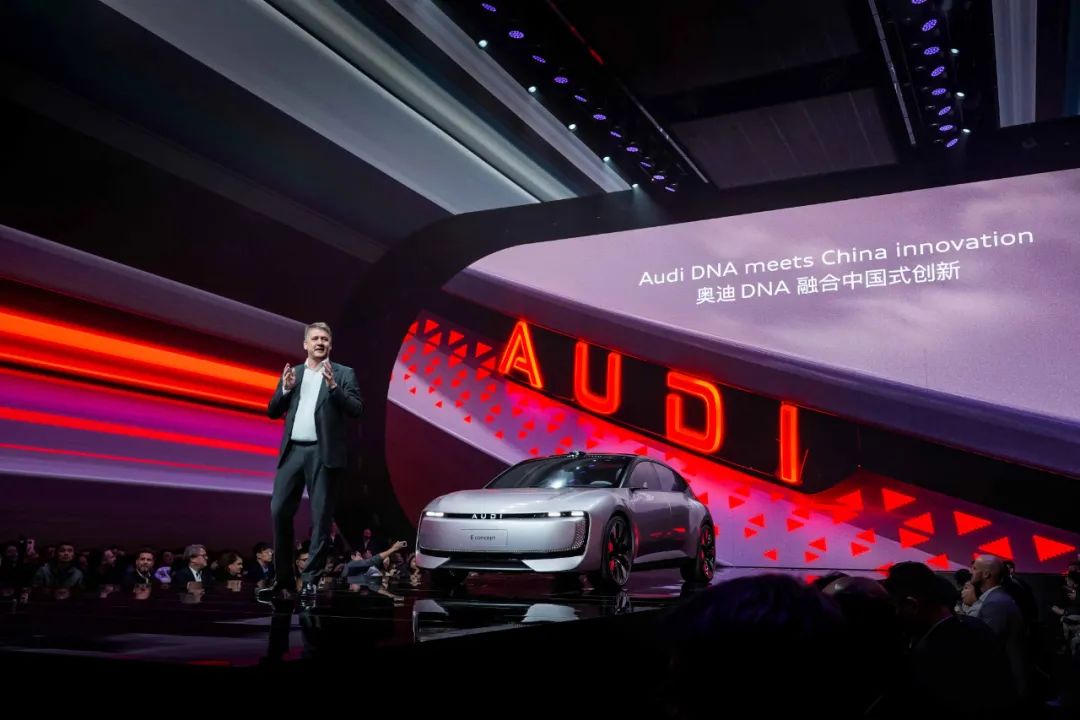
Obviously, this requires great courage and determination. Why such a significant change? Firstly, this car is a joint effort between SAIC and Audi, built on SAIC's electronic and electrical architecture and intelligent electric vehicle platform. This means that the basic technology for electrification and intelligence is provided by SAIC, naturally differing from traditional Audi cars. Secondly, Audi aims to strictly distinguish its new models from previous ones, especially gasoline-powered vehicles, and establishing a new brand is a crucial option.
If a new brand is not established, users' impressions of this car will remain in the era of gasoline vehicles. Upon seeing its design and interior, they may question why it doesn't look "Audi-like," which could be quite embarrassing. Thirdly, the sales of existing BBA new energy vehicles are not ideal. Audi has observed how Mercedes-Benz and BMW electric vehicles, with their bizarre front designs, are struggling to connect with new energy vehicle enthusiasts, gradually drifting apart from them. There is no reason for Audi to follow suit and limit itself. It is better to broaden its horizons, break away from the BBA mold, and explore the possibility of success. As the saying goes, "nothing ventured, nothing gained." The new style brings a new atmosphere, with new force aesthetics, a minimalist interior style blending Nordic and German designs, intelligence on par with new forces, and German employees who are as competitive as the Chinese. Audi's determination is evident, and it is also clear that SAIC and Audi share a consensus on this matter. SAIC is willing to accept a joint venture without the four-ring logo, and Audi is willing to launch a new brand for the first time in a century, indicating that this decision was not made hastily.
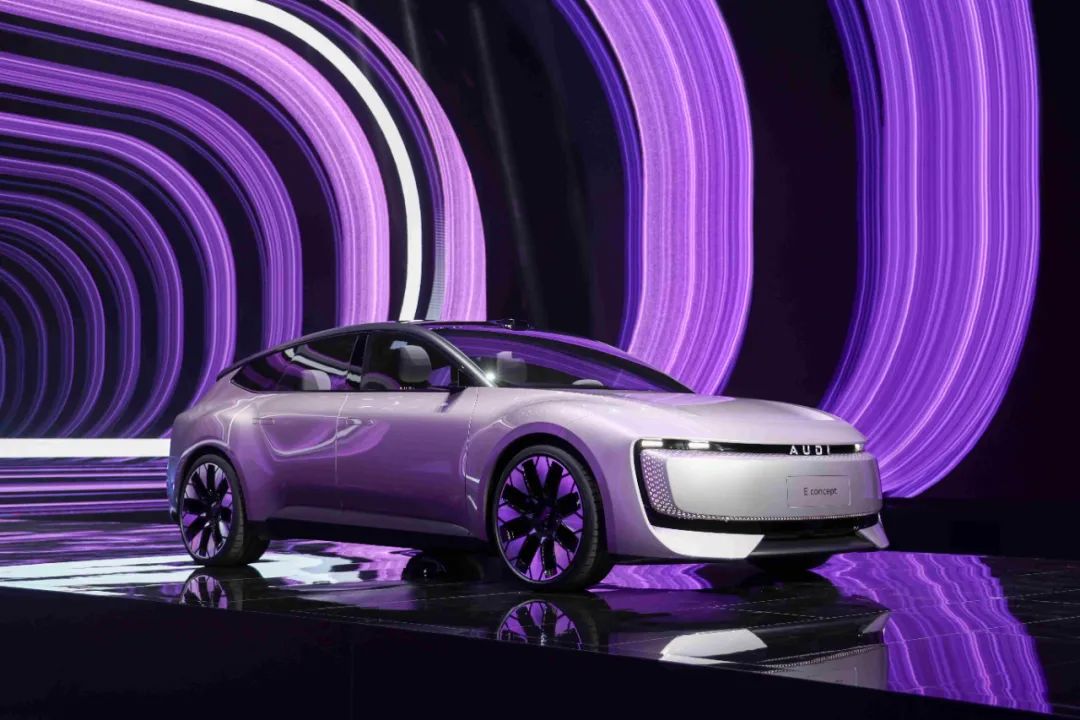
Therefore, it is unnecessary to prematurely write off Audi's new brand when the vehicle has not yet been test-driven, mass-produced, priced, or pre-sold, and pre-sales conditions are unknown. As an experienced Audi owner, I can understand this, which is enough to show that Audi indeed needs to launch a new brand in the new energy sector.
2. The excitement is not limited to Audi alone; the 2024 Guangzhou Auto Show also kicked off this week. As the finale of China's auto market each year, the importance of the Guangzhou Auto Show is self-evident. However, according to a report from "Jisu Toutiao," a thought-provoking figure emerged this year: compared to the previous edition, twelve automotive brands have withdrawn from this year's show, and countless parts enterprises are absent.
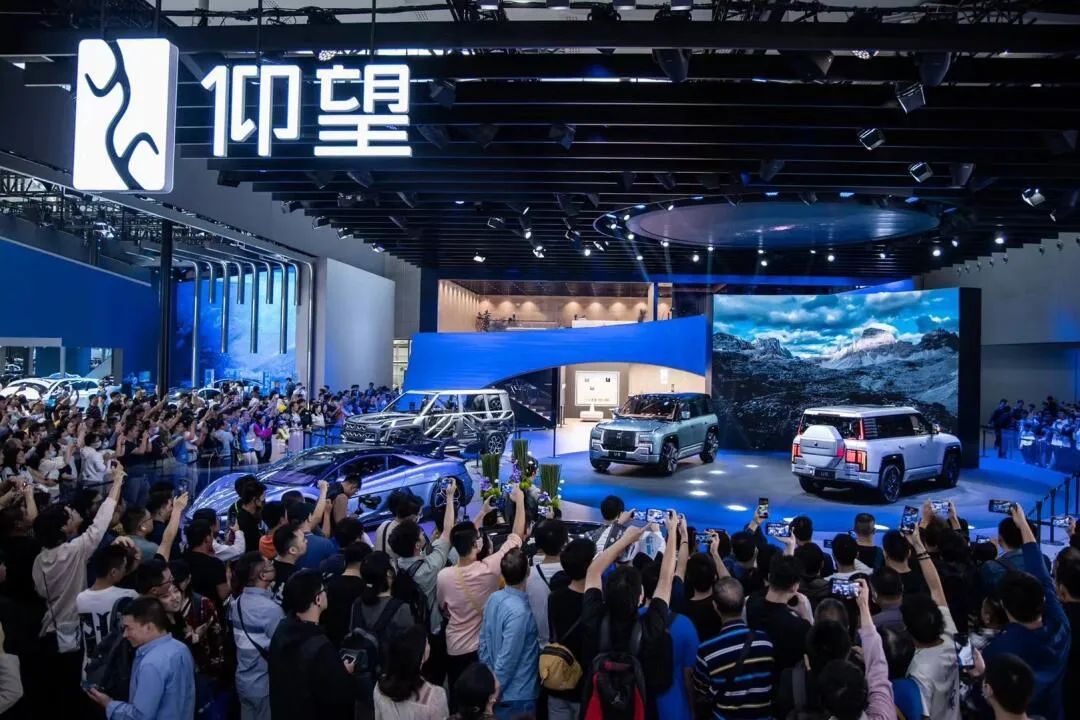
Who are absent? Rolls-Royce, Polestar, Subaru, Genesis, Jaguar Land Rover, Chevrolet, Jetta, Citroen, Peugeot, HiPhi... They were once renowned brands. Their reasons for absence vary, but they all reflect the same harsh reality: the brutal market competition and operational difficulties faced by automakers, making it challenging even to afford exhibition booths. A widely circulated claim is that last year, the combined profits of all domestic automakers did not match that of Toyota alone, though not entirely accurate, it is largely true. Take BMW as an example; who would have thought that the once thriving BMW would face such sales difficulties in China, with 4S stores closing down one after another, dealers facing financial crises, and sales and training staff jumping ship consecutively... According to sales consultants, BMW's brand power is now inferior to that of NIO, XPeng, and Li Auto, which is indeed embarrassing. If this is the case with BMW, other brands are likely not faring much better.
However, despite the widespread market distress, there are still those who are quietly making a fortune, awarding bonuses, increasing salaries, and investing more... What does this indicate? Those with strong innovation capabilities, higher operational standards, and unique product features will always emerge victorious.
Times create heroes, and heroes can also influence the times. Crises often present opportunities, testing one's abilities. 3. Obviously, Gree and Haier think the same way. If the automotive market is struggling, why are they rushing to enter it? Let's set aside Gree's registration of a company in Shanghai last month for automotive parts for now and focus on something more representative today. According to off-the-record information, Haier's subsidiary brand Katachi is currently in talks to acquire Ping An Property & Casualty Insurance's shares in Autohome, becoming its controlling shareholder.

If the negotiations are successful, Haier Katachi will gain control of Autohome, one of the three major automotive vertical platforms. However, it remains unclear whether this is a precursor to Haier entering the vehicle manufacturing industry. Regarding these negotiations, there are currently two perspectives. One is that Haier Katachi is negotiating to acquire part of the equity in Autohome held by Ping An Property & Casualty Insurance, which currently owns 46% of Autohome and may sell some of it. Another source claims that Haier Katachi is negotiating to acquire Autohome's new retail and used car businesses. Publicly available information shows that Autohome has over 50 offline space stations and satellite store franchises, as well as a used car business, team, and Ping An's offline team relying on these satellite stores. Specific revenue figures have not been disclosed. On October 27 this year, Haier responded to rumors about its involvement in vehicle manufacturing, clearly stating that it would not enter the vehicle manufacturing industry but planned to enter the automotive market from an ecological perspective.
Acquiring Autohome may pave the way for a deeper integration of Autohome and Katachi's own business in the future. Through Autohome's collaboration with automakers, Katachi could potentially expand its ecological business. Katachi is defined by Haier as a "high-end customized ecological brand for home-vehicle IoT," primarily providing users with customized, standardized, and ecological scene solutions. Currently, Katachi not only provides smart charging piles but also engages in the inspection, evaluation, and trading of used high-end vehicles. Previously, Haier had clearly planned to enter three key sectors of the automotive industry, including charging technology, home-vehicle interconnection, and smart cockpits. Upon reading this, it becomes clear that the automotive market, which is being disparaged by automakers, is seen as a valuable opportunity by home appliance companies. Car manufacturing is indeed a fortress surrounded by walls on all sides.

